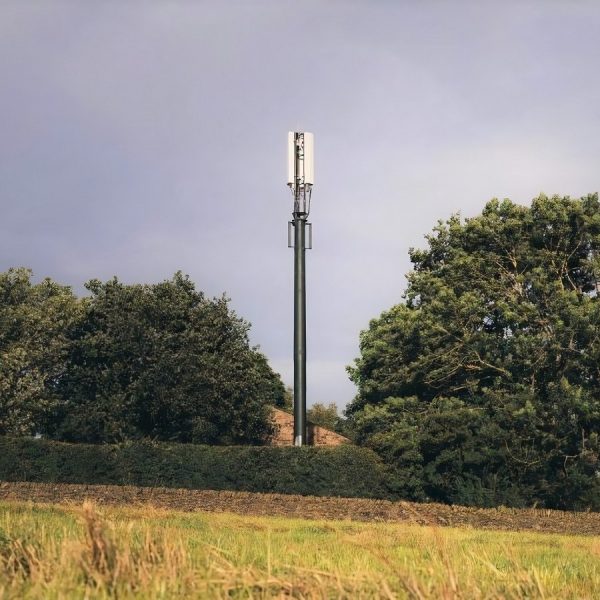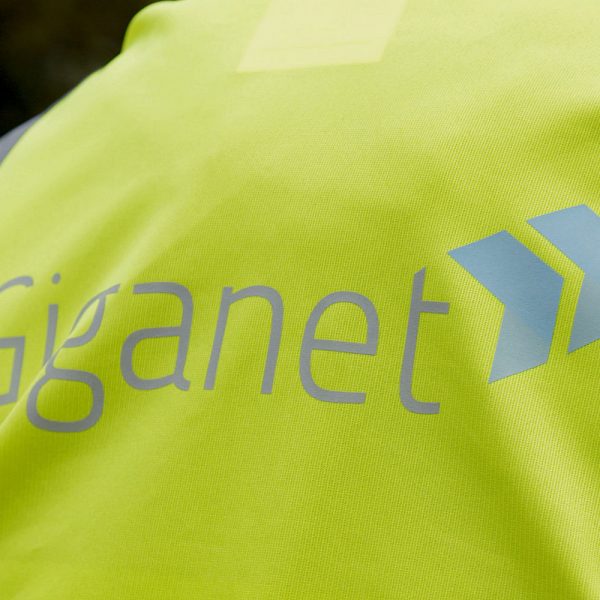Sponsored Links
BT Clarifies Stance on Fixed-Speed Broadband Withdrawal
Posted: 08th Aug, 2008 By: MarkJ
Following Wednesday news concerning KeConnect's withdrawal of its older fixed-speed (e.g. HOME 500 [512Kbps] to 2000 [2Mbps]) IPStream ADSL broadband services (news), BT has issued us with a response to help clarify its future intentions for all older fixed-speed services.
The response is more or less the same as we posted on Wednesday, though it does add some more detail for those that may not be aware of what is happening:
The response is more or less the same as we posted on Wednesday, though it does add some more detail for those that may not be aware of what is happening:
Statement from BT:
We've recently withdrawn the 250kbit/s IPstream service due to its low user base, but we still offer IPstream fixed rate 512kbit/s, 1Mbit/s and 2Mbit/s services. These are provided on a Wholesale basis and end user service depends on their CP offering the service and the end user line being able to support it.
At the same time, we're consulting CPs on the "sun setting" of the IPstream and Datastream portfolio. These services will not be migrated on to the 21CN network but, as yet, no retirement dates have been set. We'll be withdrawing them in a managed way with continuity of end user applications and customer experience being primary considerations. As a first step in this process, IPstream Connect was launched at the end of July. It allows CPs to carry WBC and IPstream traffic on the same centrals and will be a building block to help CPs smoothly migrate to WBC/WBMC.
BT Wholesale introduced DSL Max in 2006 (delivering average speeds of around 5.5Mbit/s across the network), and it has grown to become the dominant UK broadband wholesale product. It consistently offers 5.4 million UK end users today the highest possible stable speeds their broadband lines can support and fault rates today are the lowest they have ever been. WBC/WBMC broadband products will be rate adaptive.
A lot of effort has gone into improving DSL Max customer satisfaction. The increase in 21CN's technology capabilities allows BT to push broadband performance even further:
- WBC opens the door to greater control, choice, flexibility and differentiation and provides the ability to support multiple services in parallel.
- CPs will be able to tailor their services to meet different end-user applications using the QoS options.
- The ability to trade speed for greater line stability
- Improved line diagnostics and sophisticated line management.
We've recently withdrawn the 250kbit/s IPstream service due to its low user base, but we still offer IPstream fixed rate 512kbit/s, 1Mbit/s and 2Mbit/s services. These are provided on a Wholesale basis and end user service depends on their CP offering the service and the end user line being able to support it.
At the same time, we're consulting CPs on the "sun setting" of the IPstream and Datastream portfolio. These services will not be migrated on to the 21CN network but, as yet, no retirement dates have been set. We'll be withdrawing them in a managed way with continuity of end user applications and customer experience being primary considerations. As a first step in this process, IPstream Connect was launched at the end of July. It allows CPs to carry WBC and IPstream traffic on the same centrals and will be a building block to help CPs smoothly migrate to WBC/WBMC.
BT Wholesale introduced DSL Max in 2006 (delivering average speeds of around 5.5Mbit/s across the network), and it has grown to become the dominant UK broadband wholesale product. It consistently offers 5.4 million UK end users today the highest possible stable speeds their broadband lines can support and fault rates today are the lowest they have ever been. WBC/WBMC broadband products will be rate adaptive.
A lot of effort has gone into improving DSL Max customer satisfaction. The increase in 21CN's technology capabilities allows BT to push broadband performance even further:
- WBC opens the door to greater control, choice, flexibility and differentiation and provides the ability to support multiple services in parallel.
- CPs will be able to tailor their services to meet different end-user applications using the QoS options.
- The ability to trade speed for greater line stability
- Improved line diagnostics and sophisticated line management.
Search ISP News
Search ISP Listings
Search ISP Reviews
Latest UK ISP News








Cheap BIG ISPs for 100Mbps+
150,000+ Customers | View More ISPs
Cheapest ISPs for 100Mbps+
Modest Availability | View More ISPs
Latest UK ISP News
Helpful ISP Guides and Tips
Sponsored Links
The Top 15 Category Tags
- FTTP (5515)
- BT (3514)
- Politics (2537)
- Openreach (2297)
- Business (2262)
- Building Digital UK (2244)
- FTTC (2043)
- Mobile Broadband (1973)
- Statistics (1788)
- 4G (1664)
- Virgin Media (1619)
- Ofcom Regulation (1461)
- Fibre Optic (1395)
- Wireless Internet (1389)
- FTTH (1381)
Sponsored
Copyright © 1999 to Present - ISPreview.co.uk - All Rights Reserved - Terms , Privacy and Cookie Policy , Links , Website Rules

































